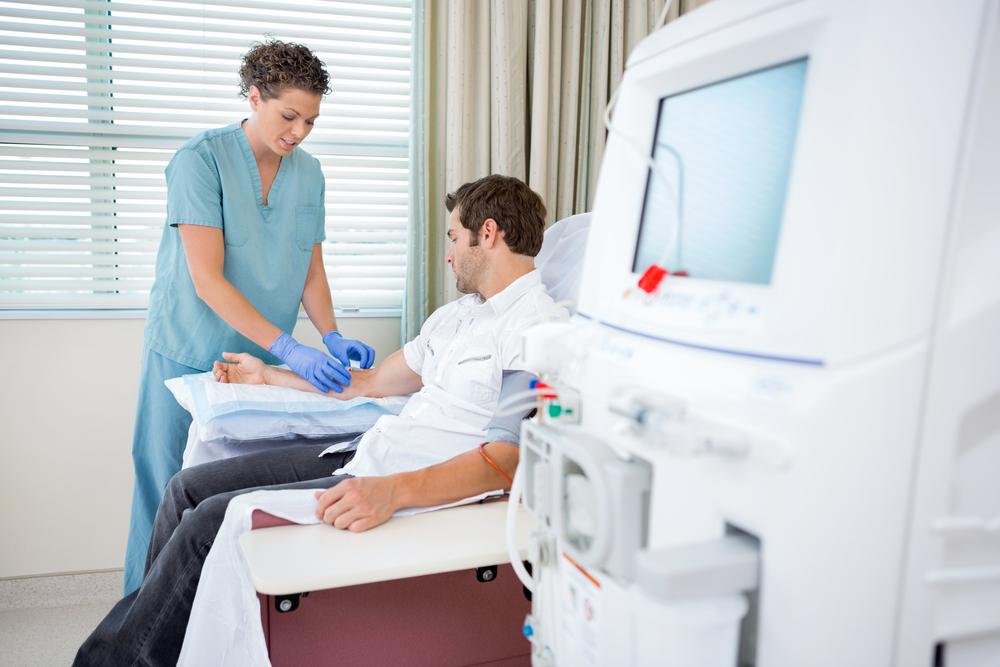Recognizing Early Signs of Renal Carcinoma
This article discusses the key symptoms and indicators of kidney cancer, emphasizing early detection and when to seek medical attention. It highlights risk factors, common signs like blood in urine, flank pain, and unexplained weight loss. Recognizing these symptoms can lead to earlier diagnosis and better treatment outcomes for this common malignancy.
Sponsored

The kidneys are vital organs responsible for filtering blood and eliminating waste through urine. Renal carcinoma, commonly known as kidney cancer, involves abnormal and uncontrolled growth of kidney cells, resulting in tumor formation. It ranks among the top ten most frequent cancers worldwide and predominantly affects men over fifty. Key risk factors include smoking, obesity, high blood pressure, and a family history of kidney cancer.
Indicators and Symptoms of Kidney Cancer
In its early stages, kidney cancer often does not produce noticeable signs or symptoms.
Hematuria – Blood present in urine, which may come and go. It’s the most common symptom and detectable via urine tests even if not visible to the naked eye. If noticed, consulting a healthcare provider is essential.
Flank discomfort – Pain localized on one side of the body between the upper abdomen and back.
Palpable kidney mass – Detection of an abnormal lump during a physical checkup.
Anemia – Reduced red blood cell count leading to fatigue.
Fever – Not attributable to infections like cold or flu.
Unintended weight reduction and loss of appetite.
Persistent fatigue and overall malaise.
Night sweats and feeling generally unwell.
If you experience persistent pain, swelling, or notice a lump near your kidneys, seek medical advice promptly. Blood in urine, while alarming, may be due to less serious issues like kidney stones or infections, but proper diagnosis is crucial.






